Puberty can be confusing and frustrating for parents and kids alike. Early puberty can make things all the more unexpected and complicated. Regardless of what age your child experiences puberty, there are several standard changes you can expect. The better you can understand what your child is going through, the better you can advocate for them and their well-being.
Hormones
Hormones are responsible for all changes that puberty brings about. Puberty is when the brain releases hormones that signal to the rest of the body that it’s time to start developing adult characteristics and the body becomes capable of sexual reproduction. These hormones signal to the reproductive organs (ovaries in girls and testes in boys) to start producing a range of other hormones responsible for the changes we associate with puberty.
Adrenarche, the awakening of the adrenal glands, is a separate developmental stage that causes the changes we typically associate with the onset of puberty, such as acne and growth spurts. Adrenarche and puberty typically occur around the same time, but not always. Talk to your doctor if you see these adrenarche changes occurring earlier than expected, it could be a sign that puberty is coming.
Body Hair
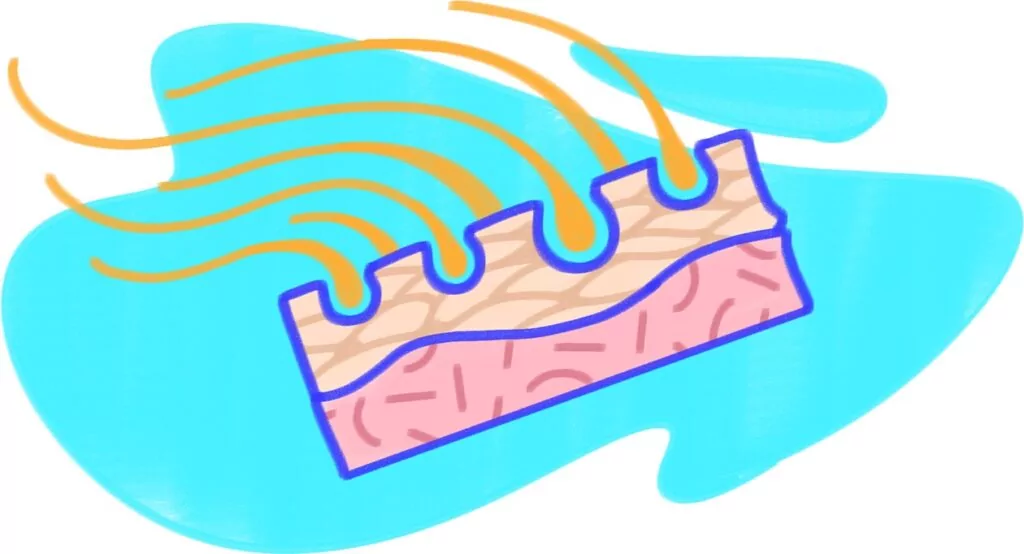
There are two types of hair on the human body:
- Vellus hair is thin, soft, short, and covers most of the body.
- Terminal hair or mature hair is thicker and grows longer than vellus hair. It only grows on certain parts of the body.
During puberty, hormones called androgens change some vellus hair follicles into terminal hair follicles, causing your child to develop new and thicker hair in certain areas. For both boys and girls, arm and leg hair will become thicker and new hair will grow under their arms and around their genitals. This hair will become longer, curlier, and darker as puberty progresses. Boys will eventually start to grow facial hair, as well. This terminal hair growth protects children’s bodies from bacteria and dirt and can even help regulate their internal temperature. Talk about a hairy situation!
Growth Spurt
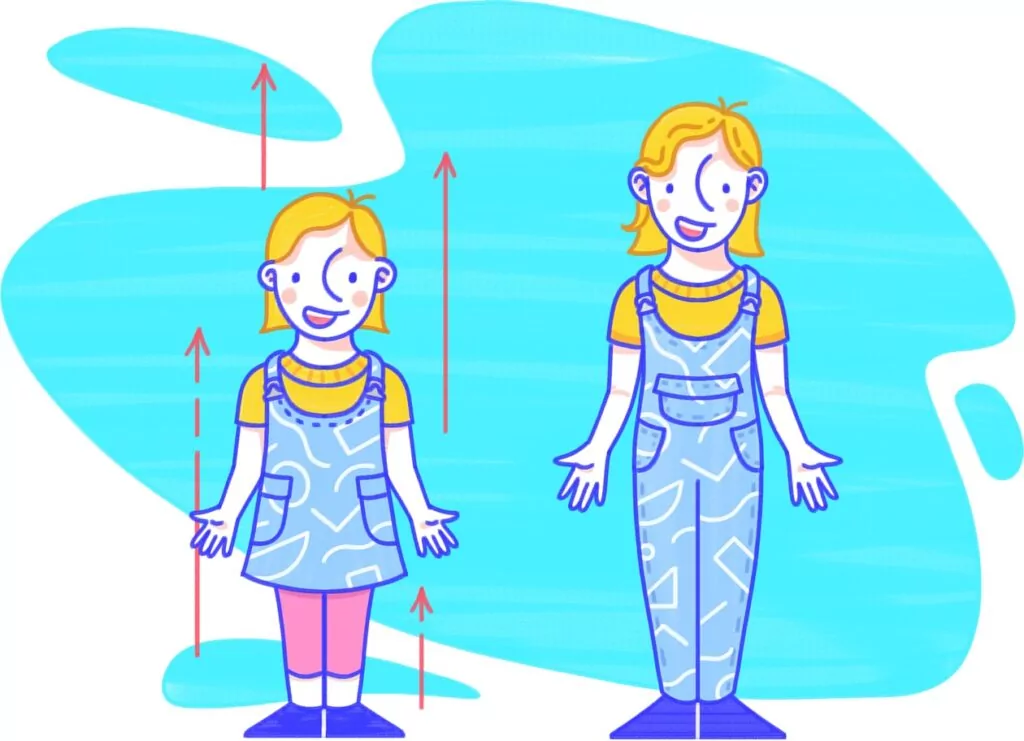
Growth spurts are caused by growth hormone (GH). Yep, that’s its real name! Increased levels of GH during puberty cause accelerated growth in the bones and muscles, which leads to rapid height growth.
Growth spurts typically last between two to three years and kids can grow between 2 and 3.2 inches a year on average. However, the initiation, duration, and amount of growth varies considerably from child to child. At the end of the growth spurt, a child will just about reach adult height.
Often, children with untreated CPP grow into considerably shorter-than-average adults. They will experience an early initial growth spurt but then stop–this unexpected early growth can lead to the fusion of their growth plates, causing them to reach their final adult height much earlier than other kids.
Body Odor
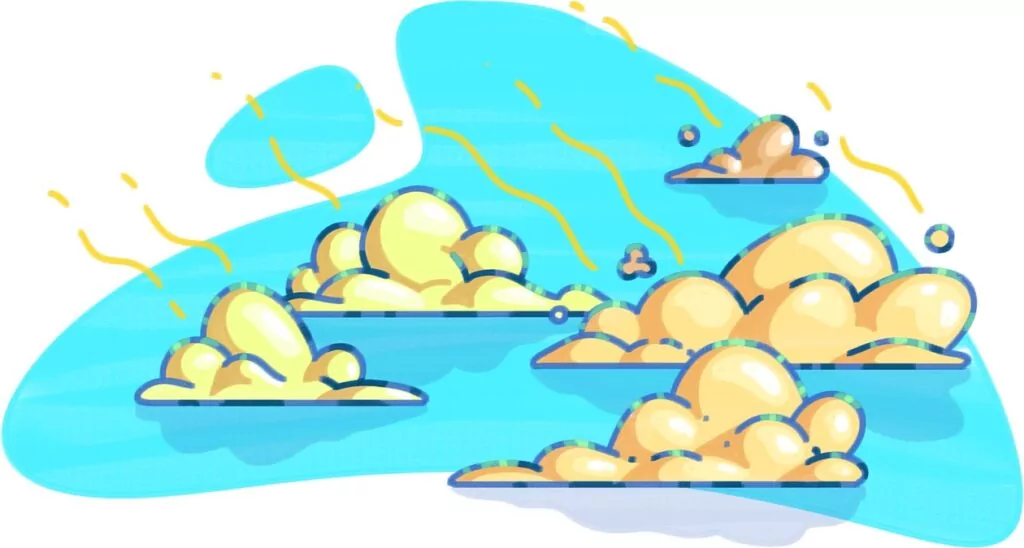
What’s that smell? BO, or body odor, is one of the earliest signs of puberty. Newly released androgens make sweat glands more active, specifically, the apocrine glands in the armpits and groin. Sweat on its own is salty water, but when it comes into contact with the natural bacteria on the skin, it starts to smell. Luckily, body odor can be combated with good hygiene practices, like showering regularly and wearing deodorant.
Acne
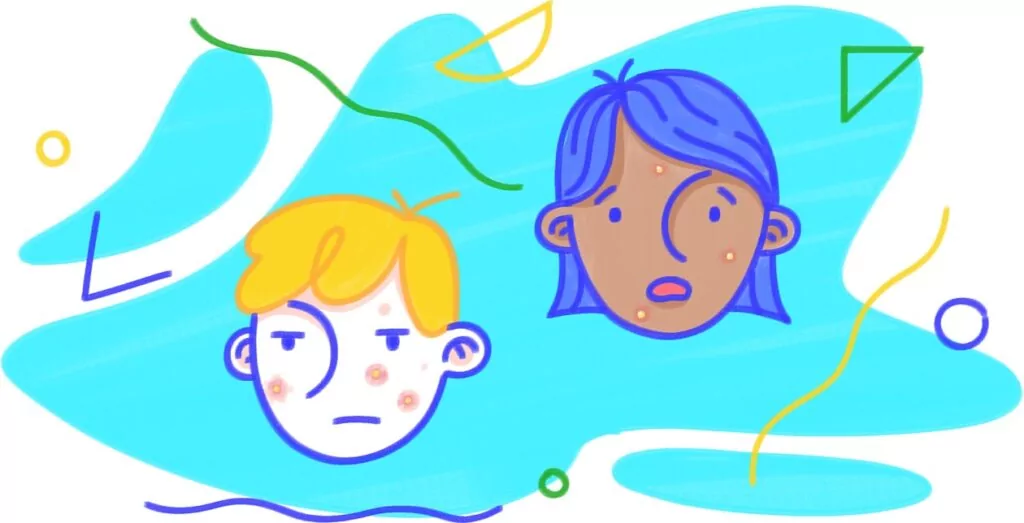
Let’s face it… Acne is the worst! While all of the changes puberty brings about can cause self-consciousness or awkwardness, the appearance of acne is one of the most visible. Acne or pimples most commonly appear on the face, but can also be found on the back, upper chest, neck, and shoulders. This is because the skin in these areas has pores with oil glands. During puberty, fluctuating levels of estrogen, progesterone, and testosterone stimulate these glands, often causing them to produce excess oil and clog the pores. The good news is that pimples tend to clear up and become less frequent as kids get older.
Feelings

Not all changes in puberty are physical; they are also mental, emotional, and social. During puberty, the parts of the brain that allow us to feel more complex feelings begin to strengthen. This enables kids to experience new and deeper emotions. Fluctuating levels of sex hormones (estrogen, progesterone, and testosterone) create mood swings, increasing emotional volatility, and impulsivity. These rising levels of hormones affect the regulation of serotonin, which controls moods. As a result, emotions can change frequently, quickly, and randomly and feel even stronger and more intense, so heightened sensitivity and irritability are common. Children’s brains continue to develop into their early 20s, which means it might take a little while for your child’s cognitive and emotional maturity to catch up with their feelings.
CPP Treatment
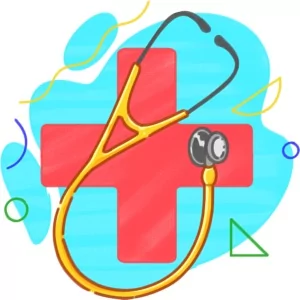
Central Precocious Puberty is a rare condition in which a child’s body is maturing faster than expected. CPP treatment is designed to delay this growth so that your kid can stay a kid for just a little longer.
If your pediatrician suspects your child may have CPP, they may refer you to a pediatric endocrinologist—a doctor specializing in growth and hormonal disorders in children—for treatment. Treating CPP can stop sexual development, rapid growth, and bone maturation.
Treatment to stop sexual development usually involves hormone therapy with drugs called GnRH analogues, which block the production of hormones that cause early puberty. As a result of treatment, physical development will slow, and behavior will return to being more age-appropriate.
Puberty is a wild ride, even when it’s happening at the expected age. If your child has CPP, all the changes happening to their body are normal–they’re just happening a little early. The more you know about what your child is going through, the better off you are when making decisions about their care and treatment.
TPI.2022.3286.v2 (v2.0)




